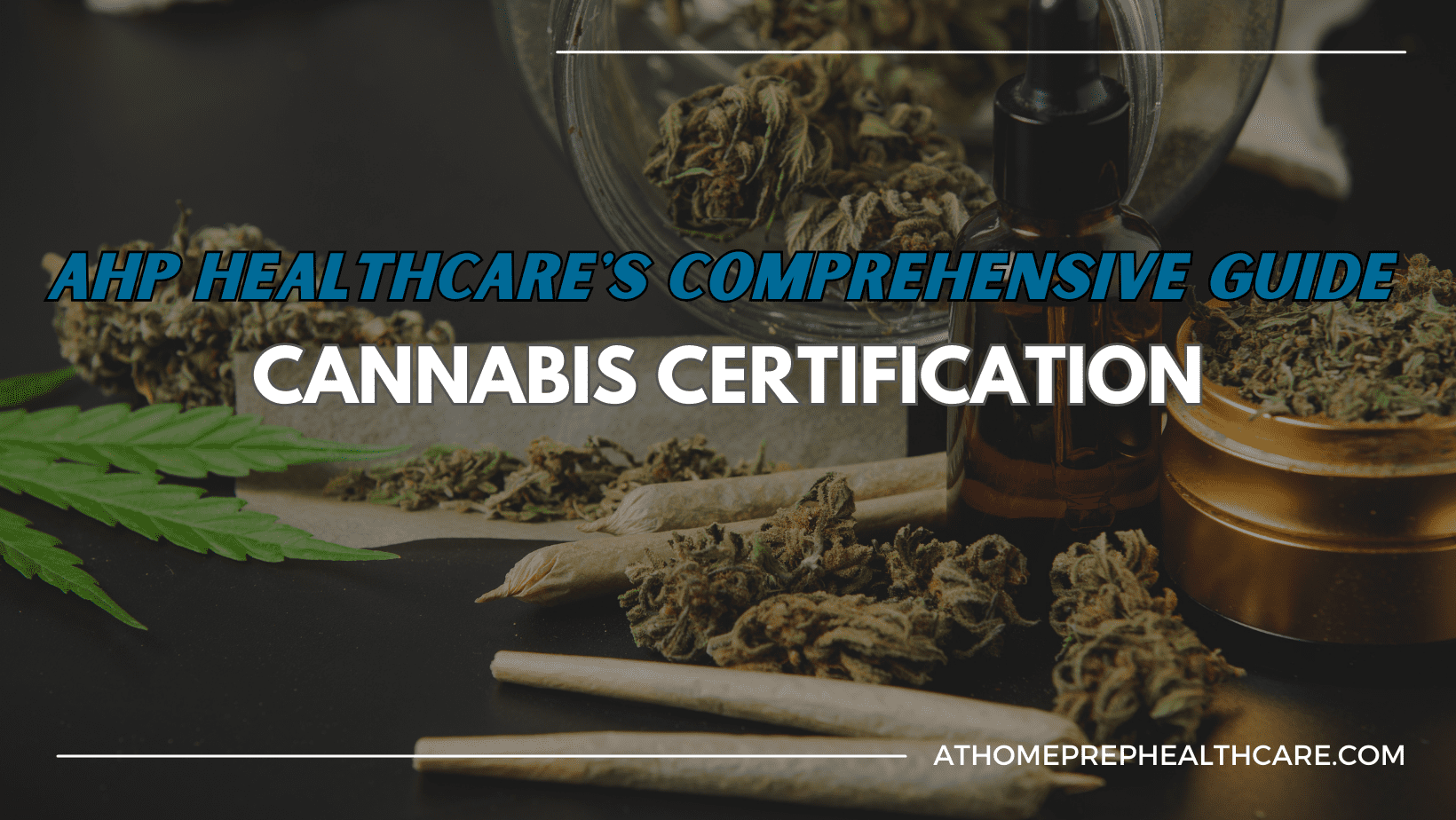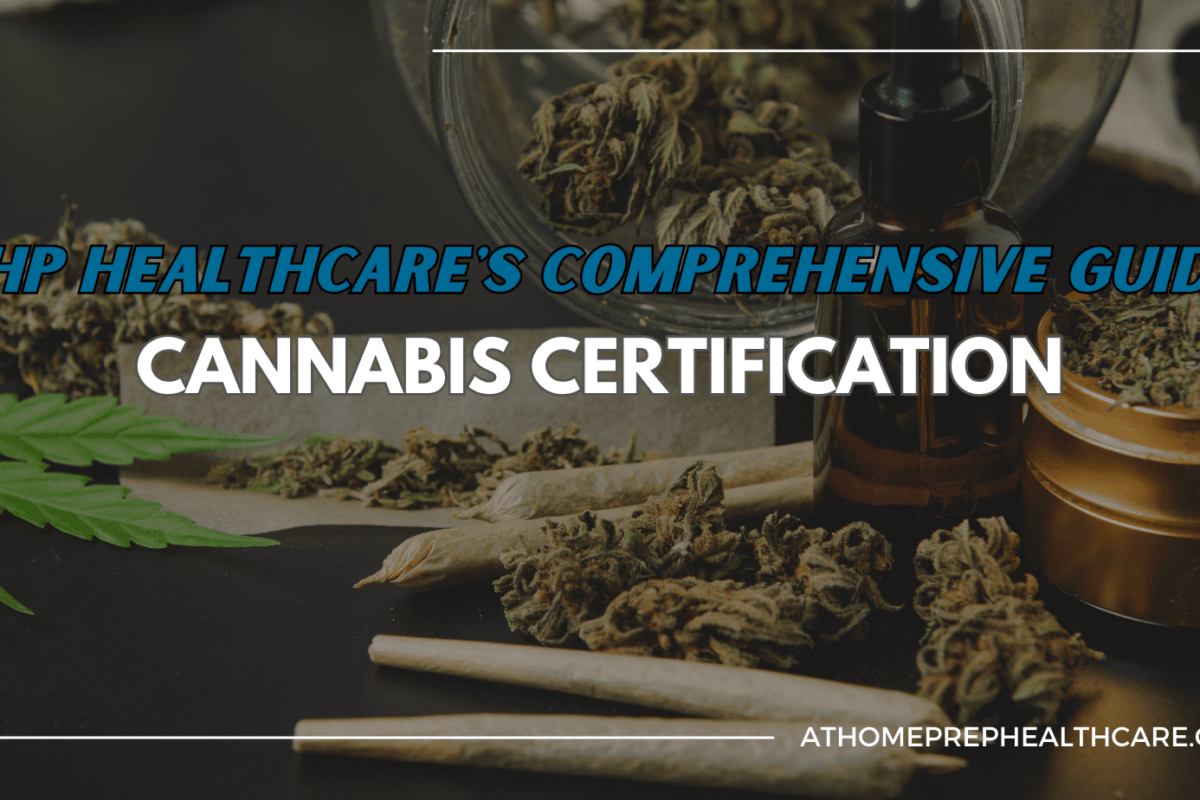 The world of healthcare and medicine is evolving rapidly, and one area that’s been gaining significant attention is the use of medical cannabis for various medical conditions. As this field grows, the demand for knowledgeable and certified professionals who can navigate the complexities of medical cannabis becomes increasingly important. AHP Healthcare, a division of Stautzenberger College, is at the forefront of this movement, offering a comprehensive Foundational Medical Cannabis Certification course.
The world of healthcare and medicine is evolving rapidly, and one area that’s been gaining significant attention is the use of medical cannabis for various medical conditions. As this field grows, the demand for knowledgeable and certified professionals who can navigate the complexities of medical cannabis becomes increasingly important. AHP Healthcare, a division of Stautzenberger College, is at the forefront of this movement, offering a comprehensive Foundational Medical Cannabis Certification course.
Exploring the Complex World of Cannabis
Course Overview
AHP Healthcare’s Foundational Medical Cannabis Certification course is an in-depth program comprising 10 modules designed to equip medical and cannabis industry professionals with the essential knowledge required to understand medical cannabis fully. This course covers a wide range of topics, including: – Legal framework of working with medical marijuana patients – Basics of the cannabis plant – The Endocannabinoid System – How cannabinoid receptors work with our bodies – Medication methods – Inhalation versus ingestion – Recommended ratios for specific illnessesCourse Benefits
This certification program offers numerous benefits to participants:- Comprehensive Content: Backed by over 800+ peer-reviewed research citations, this course is one of the most comprehensive and up-to-date medical cannabis certification programs available online or in person.
- Rich Learning Resources: The course includes video testimonials from scientists and medical experts, infographics, and additional visuals to support the written content.
- Accessible Research: All citations within the course are linked to research-based articles and studies, allowing learners to delve deeper into the content and continue expanding their knowledge even after completing the course.
- Relevant and Applicable: Medical and cannabis industry professionals will find this course invaluable as it equips them with the essential knowledge required to navigate the medical cannabis landscape effectively.
The Endocannabinoid System: Unveiling a Vital Regulator
The endocannabinoid system, named after the plant that led to its discovery, is a critical physiological system involved in establishing and maintaining human health. Endocannabinoids and their receptors are found throughout the body, including in the brain, organs, connective tissues, glands, and immune cells. In each tissue, the cannabinoid system performs different tasks, but the goal is always the same: homeostasis, the maintenance of a stable internal environment despite fluctuations in the external environment.Cannabinoids and Homeostasis
Cannabinoids play a pivotal role in promoting homeostasis at every level of biological life. For example, they are involved in autophagy, a process in which a cell self-digests and recycles its contents. This process helps maintain a balance between the synthesis, degradation, and recycling of cellular products and has a profound impact on both normal and malignant cells. In the case of cancer cells, cannabinoids can induce programmed cellular suicide, contributing to the overall survival of the organism. Moreover, cannabinoids serve as bridges between the body’s various systems, facilitating communication and coordination between different cell types. In response to an injury, cannabinoids can reduce the release of activators and sensitizers from the injured tissue, stabilize nerve cells to prevent excessive firing and calm nearby immune cells to prevent the release of pro-inflammatory substances. This multi-faceted action of cannabinoids illustrates how they can minimize pain and damage caused by injuries.Cannabinoid Receptors: The Key Players
Cannabinoid Receptors in the Body
Cannabinoid receptors are integral to the endocannabinoid system and are present throughout the body, embedded in cell membranes. These receptors are believed to be more numerous than any other receptor system. Two primary cannabinoid receptors have been identified:- CB1 Receptors: These receptors are predominantly present in the nervous system, connective tissues, gonads, glands, and organs.
- CB2 Receptors: Predominantly found in the immune system and its associated structures.


